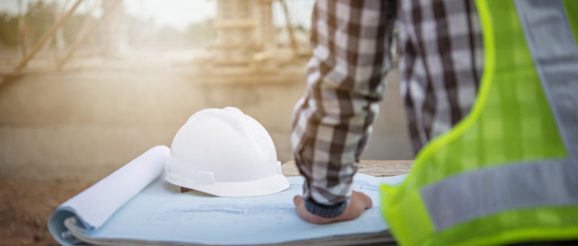BBA joins i3P to drive forward collaboration and innovation | Roofing Cladding & Insulation Magazine (RCI)

The British Board of Agrément (BBA) is joining forces with the Infrastructure Industry Innovation Partnership (i3P) to continue its drive for ambition and greater industry collaboration.
The BBA and i3P have a shared vision of transforming the built environment through working with – and uniting – clients and supply chain organisations to facilitate change, champion innovation and ultimately drive-up quality.
Joining i3P is a logical next-step for the BBA, which recently joined the National Home Improvement Council, Local Council Roads Innovation Group and the Association of Directors of Environment, Economy, Planning and Transport with the aim of building partnerships to share knowledge, expertise and best practice for the benefit of clients and the wider industry.
The BBA already works with several i3P members and wishes to continue building strong relationships with like-minded organisations and expand awareness of the importance of third-party certification and product testing.
Bill Hewlett, technical director at the BBA, said: “We believe in the importance of driving innovation to create a safer, smarter, more efficient built environment and we are thrilled to be joining forces with others in our marketplace that share that vision.”
i3P spokesman Mike Moseley added: “We are very pleased to welcome the BBA into the i3P community. The BBA has a key role to play in the transformation of the infrastructure industry. In the massive changes that we are going to have to make to meet the challenges of the industry, including net-zero, we cannot lose sight that what we build now must provide long-term performance – and accreditation is going to play an import part in that.”
Current i3P member projects include reducing ‘operational’ carbon emissions, AI-enabled automated cost and carbon estimating, improved data sharing across architecture, engineering and construction and examining safer lightweight insulation methods for offsite light-gauge step structures.
